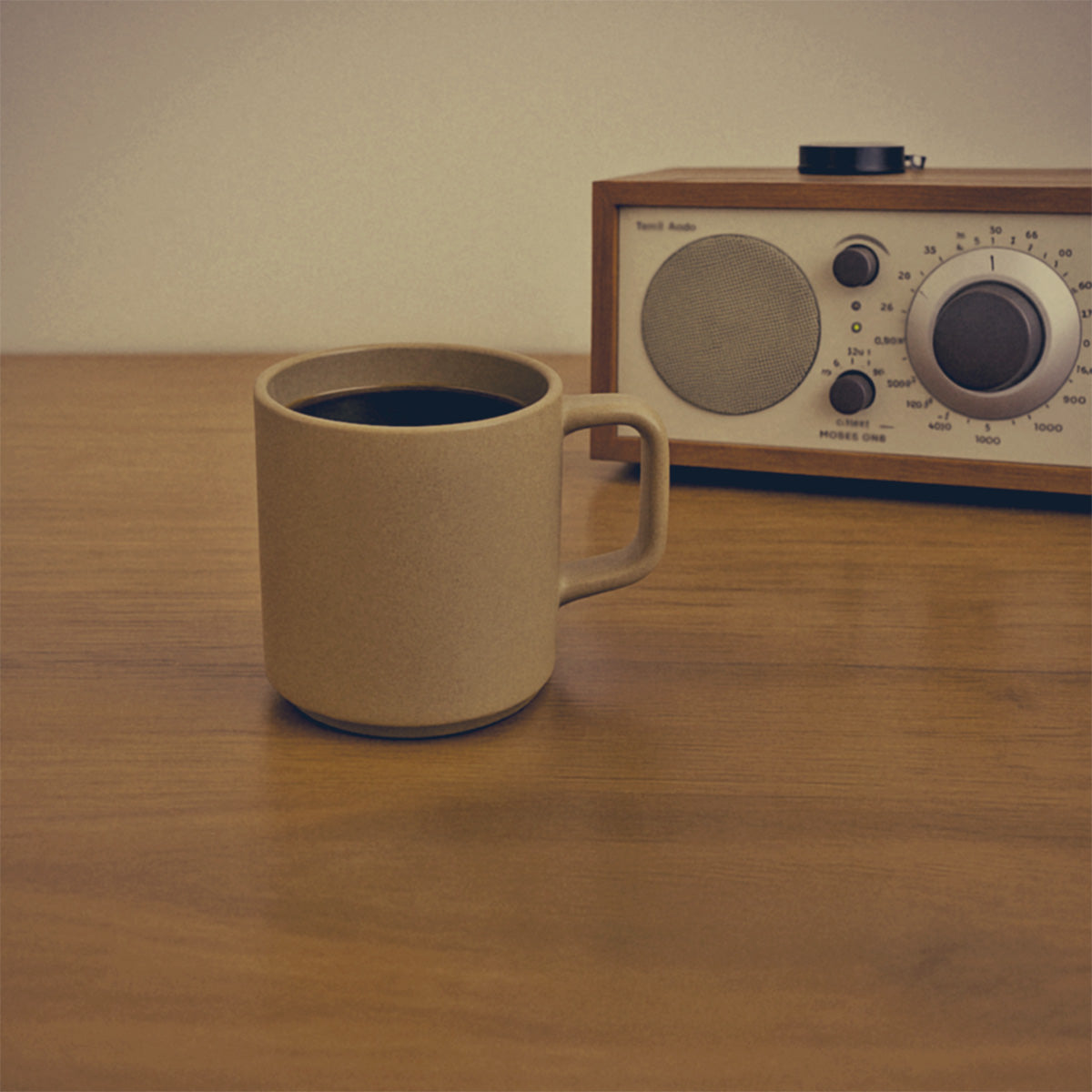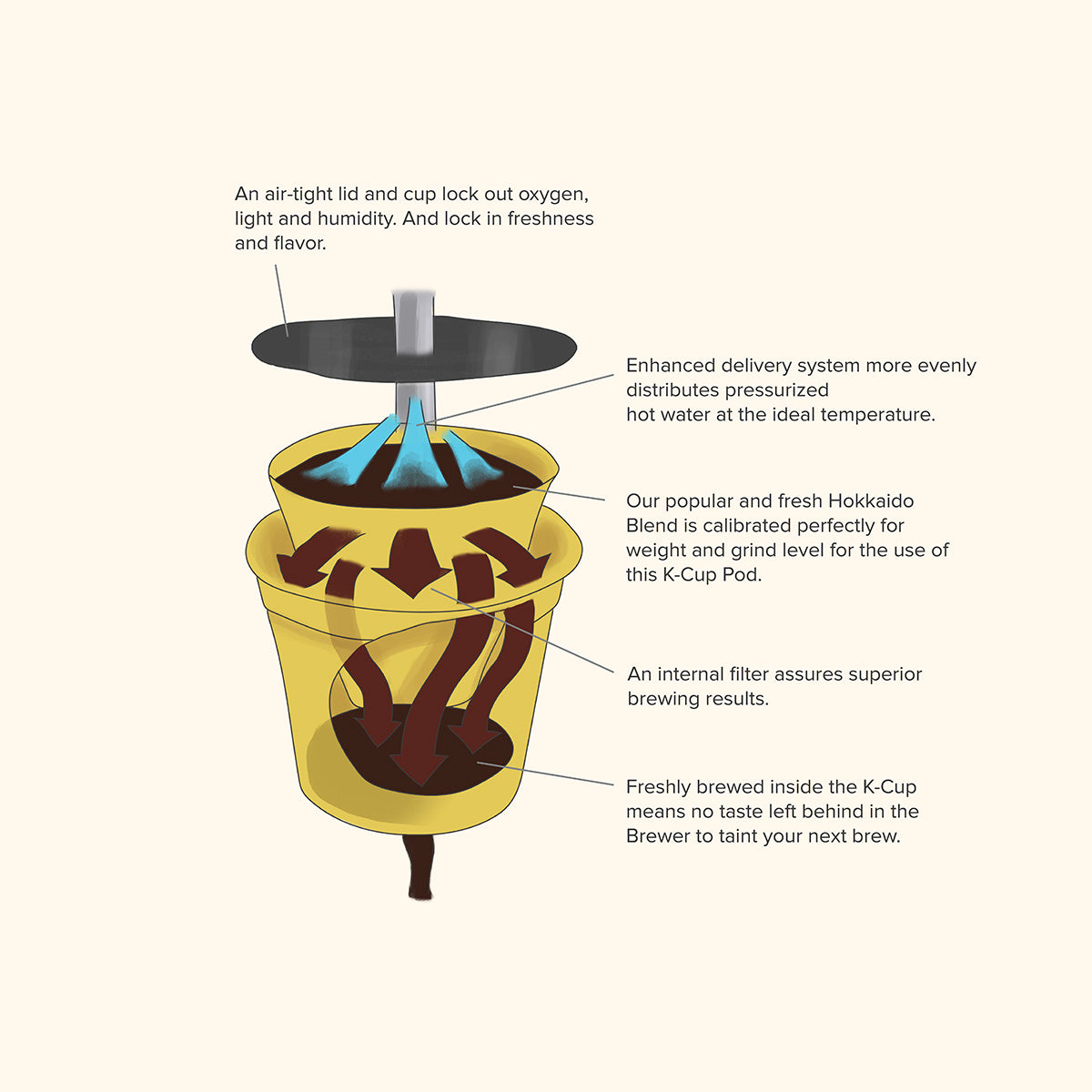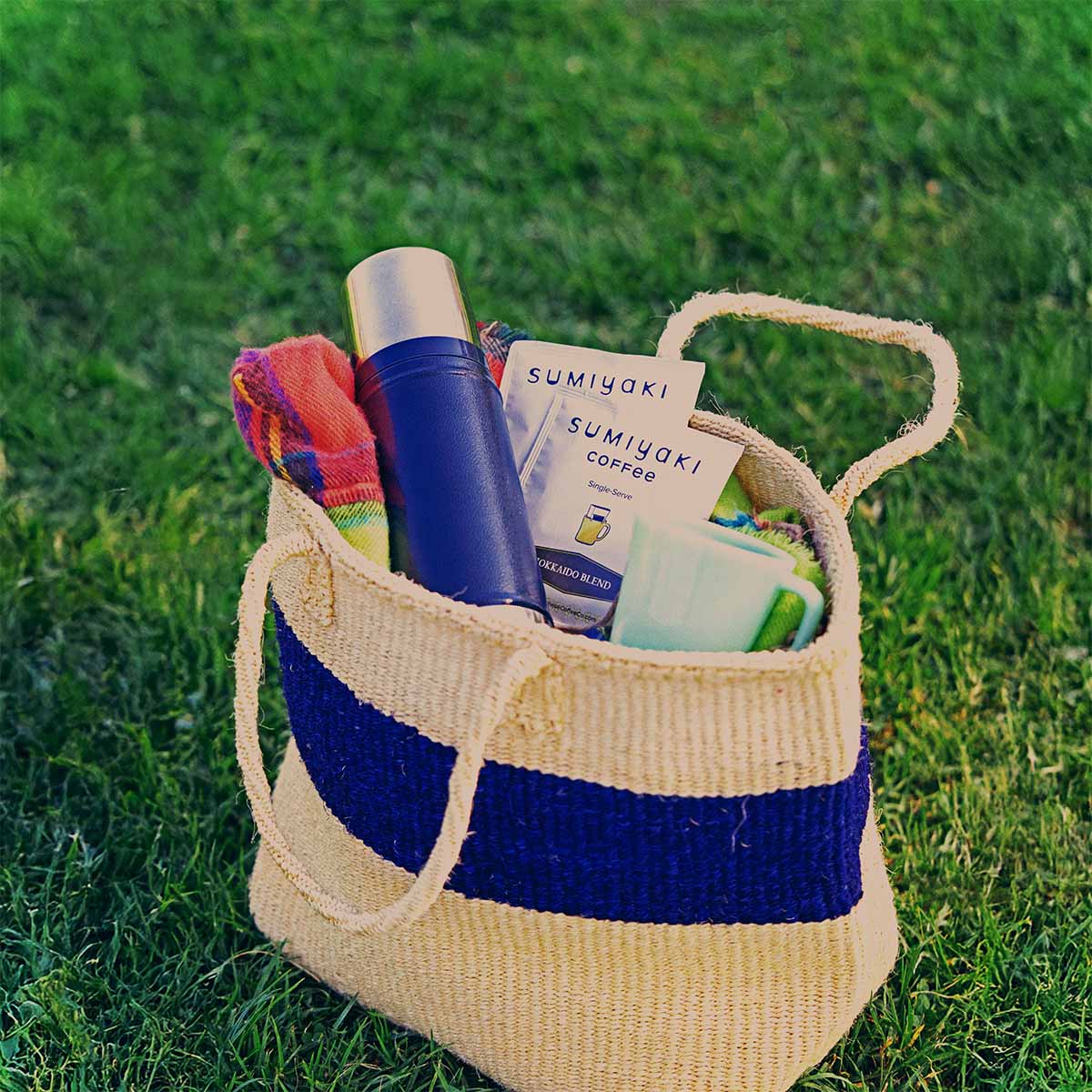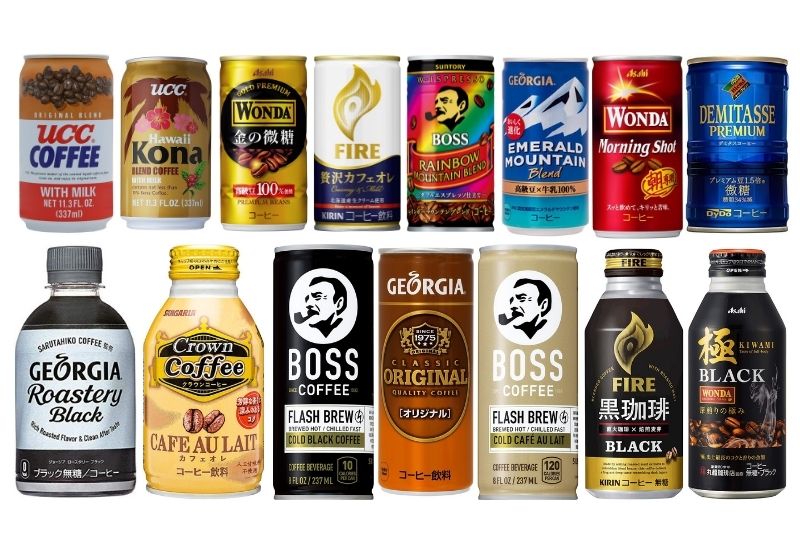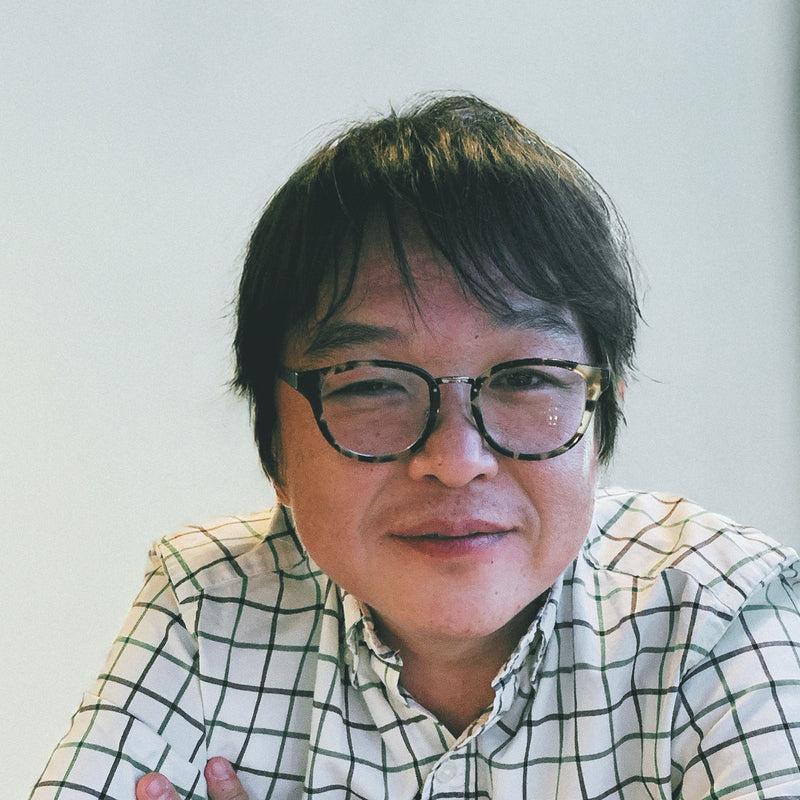When businesses compete with each other, the public benefits the most. People get the best possible products in terms of quality, quantity, and price. Besides giving their customers the best deals, these different companies' competition also creates an environment that encourages innovation. It's a healthy scenario, with consumers coming out as the actual winners—case in point, Japanese convenience store coffee.
The sound of it isn't promising. In normal circumstances, if you're after an enjoyable coffee experience, a convenience store wouldn't come to mind. However, thanks to the rivalry among Japan's leading convenience store chains, many find Japanese convenience store coffee to be a pleasant treat.

Konbini Coffee
There are convenience stores in most countries, but the Japanese convenience store, or konbini (which may also be spelled conveni, conbini, kombini, etc.), as it's locally referred to, is a cut above the rest. In fact, it's considered a phenomenon. Where else does a convenience store figure as a tourist attraction and a must-have cultural experience?
The konbini is a relatively new addition to the Japanese scene, having entered the country from America sometime in the 1960s. It took off in the 1970s and has been an essential element in Japanese society. It has uncannily evolved into a community hub, offering a wide variety of services. At a konbini, you may post mail, have parcels delivered, book tickets, and buy anything from makeup and cleaning supplies to anime collectibles. It goes without saying, of course, that it's a hotspot for food and drink.
One of the common beverages offered in a konbini is coffee. The leading Japanese convenience stores are purveyors of inexpensive but good coffee. A cup typically costs just 100 yen (less than a US dollar, currently at about 87 cents), but the quality is pretty high, with many finding it at par with that of popular grab-and-go coffee shops.
This hasn't always been the case, though. Konbini coffee has been available since the '80s, but it wasn't until the 2010s that it gathered steam. Thanks to this time between 2011 and 2013, an undeniable period of note in Japanese convenience store history, fierce competition between the konbini chains led to experimentation and innovation, which resulted in fine brews for each one.
Nonetheless, it's not enough that their coffee offerings were all lauded for quality improvement. In any decent coffee war, the best brew must emerge, and with the gauntlet thrown down, there ensued earnest and lively debates among customers and dedicated coffee fans.

How the Coffee War Was Waged
If you're wondering who the culprit to blame or thank for the coffee race is, you have to go back to 2008, when McDonald's launched its popular 100-yen blend. That's right. The one that started it all wasn't even a convenience store. Instead, McDonald's served as the unwitting inspiration for 7-Eleven.
As previously pointed out, convenience stores had been serving coffee from machines for decades, but it didn't exactly earn rave reviews. However, the image of Konbini coffee started its revamp when Lawson introduced its over-the-counter drinks service, offering a menu that included coffee blends, lattes, teas, etc., in January 2011. So you could say that Lawson fired the first shot of the war.
Quickly recognizing a challenge or simply a good idea, Family Mart launched its self-service espresso machines in late 2012. These made coffee, lattes, and frappes. Shortly after that, in January 2013, 7-Eleven made things more interesting by adding the game-changing factor of cost. It finally ignited the full-on coffee war with its offer of high-quality grind-on-the-spot all-Arabica "Seven Cafe" black coffee at just 100 yen. As expected, Lawson and Family Mart hurried to match that price.
Impact of War
As the coffee war among the Konbinis intensified, the Japanese coffee industry directly experienced peripheral effects. To begin with, the Konbini coffee war boosted national coffee consumption. According to the All Japan Coffee Association, it went four percent higher in 2013 than when it all first went down.
The association's executive director, Toyohide Nishino, reckoned then that the industry would feel some effect, no matter how minimal. True enough, while gourmet or specialty coffee places like Starbucks remained unaffected since their customers tended to be more about getting dessert coffee, canned coffee, on the other hand, was hit pretty hard. Konbini coffee was regarded as a step up from canned coffee, which usually costs more than 100 yen. Do the math, and it's clear how canned coffee lost out in this development.
7-Eleven wasn't done, though. It continued refining its coffee, which led to its husking. This process works by removing the bitter and rancid-tasting silver skin layer of the beans. Not even the specialty coffee shops did this, according to the director of 7-Eleven Japan, Yasushi Kamata. It was clear that the chain took the war seriously and had every intention of winning it.
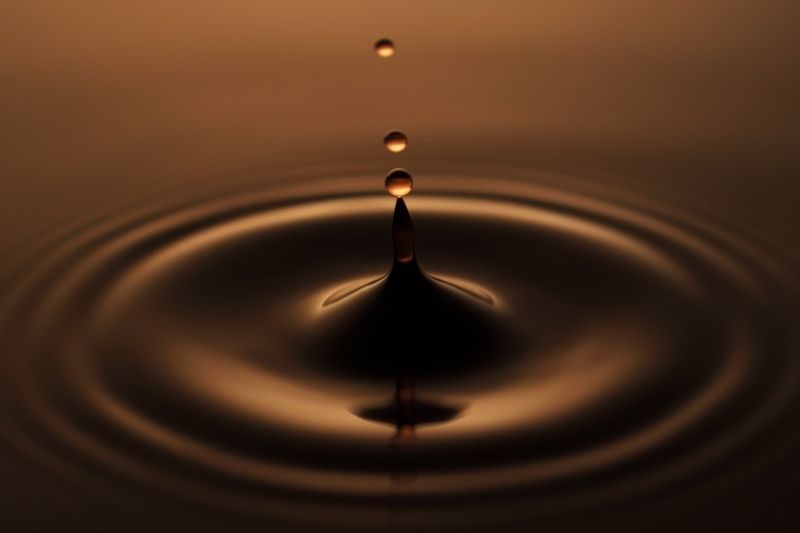
The Main Rivals
There's no doubt that the Konbini coffee war impacted the national coffee industry, but the principal players had blinders on. They were focused on beating each other at having the best and, more importantly, best-selling brew. For instance, acknowledging 7-Eleven's solid black coffee offering, Family Mart decided to add a chocolate latte to its lineup to lure customers, particularly female ones, to its stores.
It's a rivalry that led to Japan having the best convenience store coffee. But after almost a decade, you can't help but wonder if a clear winner has emerged. To arrive at an answer, here is a comparative discussion of the coffee offered by the leading competitors. Let's start with the one that threw down the gauntlet.
Lawson (Machi Cafe)

The consensus, based on an NTT Docomo Minna no Koe survey carried out in 2019, is that Lawson's edge rests on its giant-sized ice coffees favored during the summer. In terms of convenience, the fact that staff assistance is necessary to get your coffee has it lagging behind those that allow self-service. However, note that a Japanese frugal living website called "Saving Story" put Lawson in first place after considering flavor, cost, and how much coffee goes into the cup.
As for the coffee itself, reviewers like the look of its espresso machine, which comes from Carimari, Italy. Lawson uses blended coffee beans from different farms, but all of them are certified by the Rainforest Alliance. What customers say about the flavor may vary, with some citing its bitter but bold taste while others remark on its mild and mellow appeal. Most of them, however, agree on the chocolate undertones.
Family Mart (Famima Cafe)

This chain didn't do so well in the NTT survey, and it's possible that its wider selection, which includes different frappe flavors, was its undoing since its customers had the choice to go for something else other than coffee.
Its espresso machine came from Germany. It uses a blend of Brazilian, Colombian, and Ethiopian beans as well as filtered or distilled water to make coffee. The reviewers mostly have the same thing to say about Family Mart coffee: its flavor is mild but traditional, with the usual nutty and chocolatey taste. Some did note a hint of apple that gave it a more interesting character, making it stand out to them. However, all of them observed that it had a sweetness to it, perfect for those who prefer sweet and luscious coffee.
7-Eleven (Seven Cafe)


Other Contenders
There are other konbini chains in Japan, of course, and they also vie for the glory of being the convenience store with the best coffee. Some of the more notable ones are Ministop, Circle K Sunkus, NewDays, and Bellmart. In the NTT survey, "other" actually came in second after 7-Eleven, so there are coffee drinkers out there who believe coffee from these chains to be better than that served by any of the three main contenders.
Final Thoughts
If you love coffee and find yourself visiting Japan, you have to try out konbini coffee, if only for the reason that it has become integral to the country's coffee culture. It's a good idea to treat yourself to that cultural experience. You have to manage your expectations, however. Don't count on being served gourmet coffee. It's ordinary coffee that defied the usual inferior offerings present at most convenience stores in other parts of the world. At just 100 yen, the consumer is the clear winner.
Also, if you sample the coffee from the Konbinis mentioned here and find that you disagree with the cited reviews, keep in mind that quality may vary from store to store. Factors like the frequency at which the machine is cleaned, the freshness of the beans used, the kind of water available, etc., figure into it.
The Japanese convenience store coffee war gave the public not only improved products but also a fascinating contribution to the rich coffee culture and history of the country.
Get Free Bonus Books

Sign up for free to the Coffee Club to get advice and exclusive articles about how to choose Japanese Coffee, and tips, tricks, and recipes for enjoying Japanese coffee.
About the author
Kei Nishida
Author, CEO Dream of Japan
Certification: PMP, BS in Computer Science
Education: Western Washington University
Kei Nishida is a passionate Japanese tea and coffee connoisseur, writer, and the founder and CEO of Japanese Coffee Co. and Japanese Green Tea Co., both part of Dream of Japan.
His journey began with a mission to introduce the world to the unparalleled quality of Japanese green tea. Through Japanese Green Tea Co., he established the only company that sources premium tea grown in nutrient-rich sugarcane soil—an innovation that led to multiple Global Tea Champion awards.
Building on this success and his passion for Japanese craftsmanship, Kei expanded into the world of coffee, pioneering the launch of Japanese Coffee Co., the first company to bring Sumiyaki charcoal-roasted coffee to a global audience. His dedication to authenticity and quality ensures that this traditional Japanese roasting method, once a well-kept secret, is now enjoyed worldwide.
Beyond tea and coffee, Kei has also introduced Japan’s legendary craftsmanship to the world through Japanese Knife Co., making handmade katana-style knives—crafted by a renowned katana maker—available outside Japan for the first time.
Kei’s journey continues as he seeks out and shares the hidden treasures of Japan, one cup and one blade at a time.
Learn more about Kei






